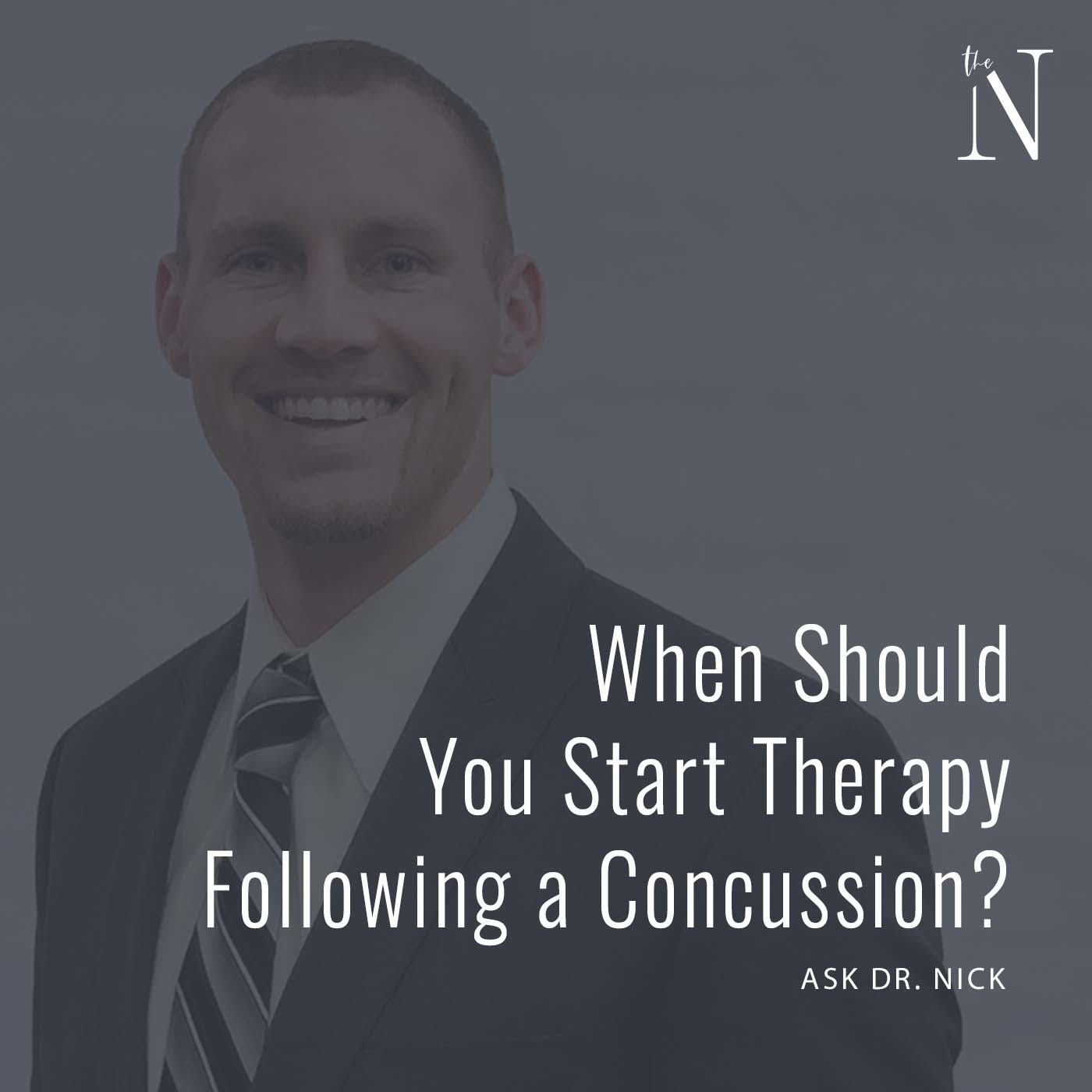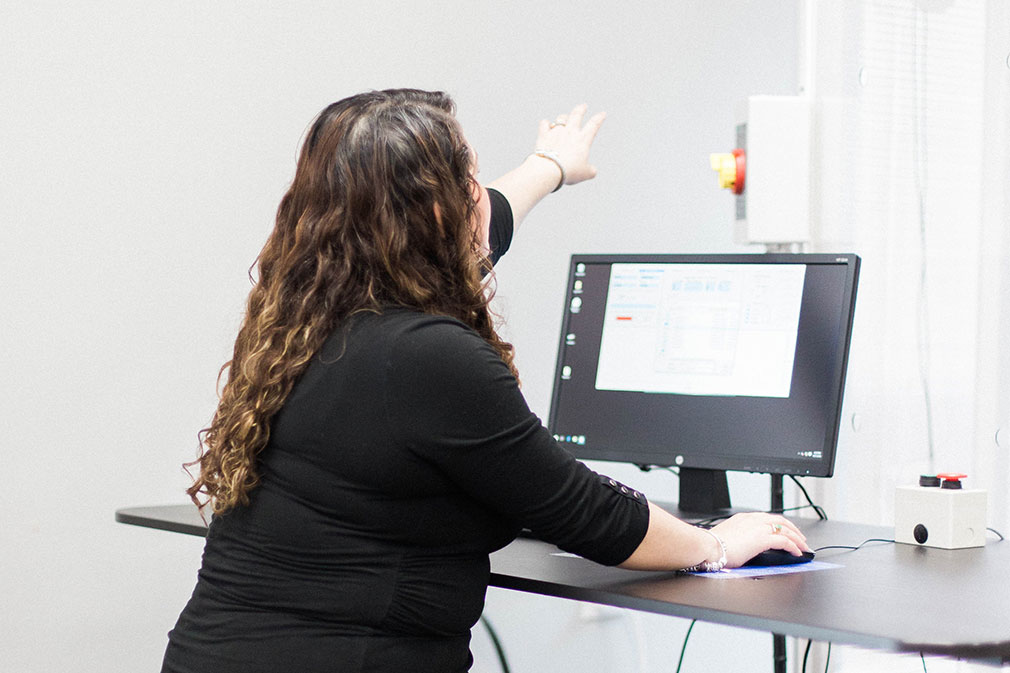The Risk of Athletics
It is commonly known that all athletics come with a risk, and anyone who participates in many sports is risking the possibility of bodily harm. Obviously the more contact the sport, such as football, the increased possibility of becoming seriously injured. It is also common in contact sports such as football for players to withhold information to the medical staff about the possibility of suffering a concussion in order to get back into the game. This puts athletes at a higher risk of a more severe brain injury due to the “second impact syndrome”.
What is Second Impact Syndrome?
Second impact syndrome refers to the time immediately after a concussion where the brain is more fragile than usual. During this time of fragility, if the brain is injured again through another concussion, the consequences are typically significantly worse then just the original concussion alone. Therefore, it is becoming increasingly important for the medical staff and coaches to be aware of concussions, and remove players from the game who they suspect has suffered a concussion. Players have consistently shown their willingness to risk their body now, and face consequences down the road, making it important for other people to protect the players against themselves.
Here is a list of the most common reasons professional football players give when asked why they did not reveal to the medical staff or coaching staff they suffered a concussion.
- They wanted to finish the game or practice and planned to seek medical help after the game/practice.
- They felt they would be removed from the game by the medical staff and wanted to continue to play.
- They feared to let their team or teammates down by being removed from the game.
- They feared being diagnosed with a concussion would result in them missing future games.
- They did not feel like the concussion was serious or severe enough to stop playing.
- They felt they had similar concussions in the past and was able to play through it before.
- They feared being diagnosed with a concussion would impact their contract with their current team as well as future teams.
- They feared that being diagnosed with a concussion would result in negative consequences from the coaching staff.
- They feared being isolated from the team or teammates by having to take time off from team activities.
- Normally they would have sought medical attention but the concussion happened during an important time of the game or important part of the season.
- They feared being diagnosed with a concussion would cause concern and worry among family and friends.
- They feared that being diagnosed and labeled with a concussion could impact their financial income now and/or in the future.
- The injury did not occur when the medical staff was present.
Awareness of the risk of concussion hiding is in great need. At the Neurologic Wellness Institute, we see many severe cases that could have been prevented with the proper education. Contact us for more information.
Delaney et al. Why professional football players chose not to reveal their concussion symptoms during a practice or game. Clinical Journal of Sports Medicine. 2018;28:1-12.






